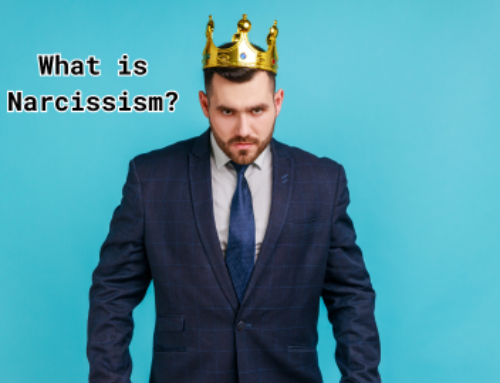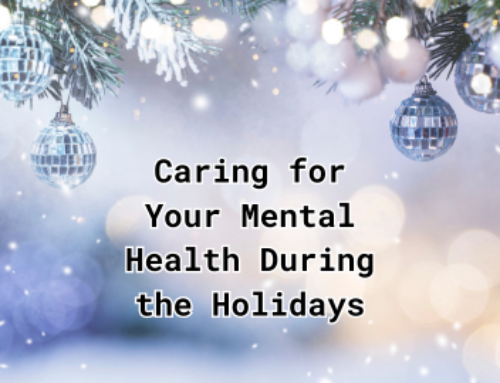Returning to the Public
As some businesses and institutions reopen, the big question on our minds right now is, what’s next? More specifically for our purposes, what will the psychological consequences of quarantine be, and what will we be seeing more of now and later?
The Lancet analyzed thousands of papers, refined their selection to twenty-four publications, and published their findings on the psychological effects of the pandemic and quarantine. We concur with these findings and would like to summarize some of them today.
Some Silver Linings
Many of the adjustments we’ve made to our routines have proven productive and will continue to be used, like telepsychiatry. As we’ve covered before, telepsychiatry is accessible, convenient, efficient, and can be safer. Check out our four–part series on making the most out of quarantine.
Staying in close proximity with people like family and roommates has the possibility to be irritating or beneficial. It can help strengthen bonds, reduce social isolation, and increase shared resources.
Loss of Routine
We anticipate treating some particular issues associated with quarantine, and one of those is loss of routine. Routine can be very important when coping with mental illness, whether that means calming obsessive tendencies, taking medication at the right time, or checking in.
Material Losses
The economy has been heavily affected, costing thousands their jobs and causing severe financial distress. Some jobs have been restructured to include different responsibilities or have been converted to remote positions.
Social Losses
Many have lost friends and loved ones to the virus and may not have been able to attend mourning services. Emotional attachments have been severed at a time when they are needed most. This causes psychological distress and feelings of depression, anger, and exacerbated grief.
Effects of Historical Quarantines
Pandemics and quarantines have been observed throughout history to have similar effects. One example is the SARS outbreak of 2003. Nearly a third of survey respondents in a Canadian study reported symptoms of depression and post-traumatic stress. A degree of social stigma is reported to have been suffered by those quarantined during the Spanish flu of 1918-1919.
Don’t Hesitate to Reach Out
We’re staying up to date to the moment on news concerning the virus and quarantine. We advise our patients and readers to be kind to themselves, take the transition (when it’s time for them) slowly, and to call us with any of their psychiatric care needs.
If you or a loved one is in crisis, call the national crisis line at 1-800-273-8255. Trained professionals are available to counsel you 24/7/365.




